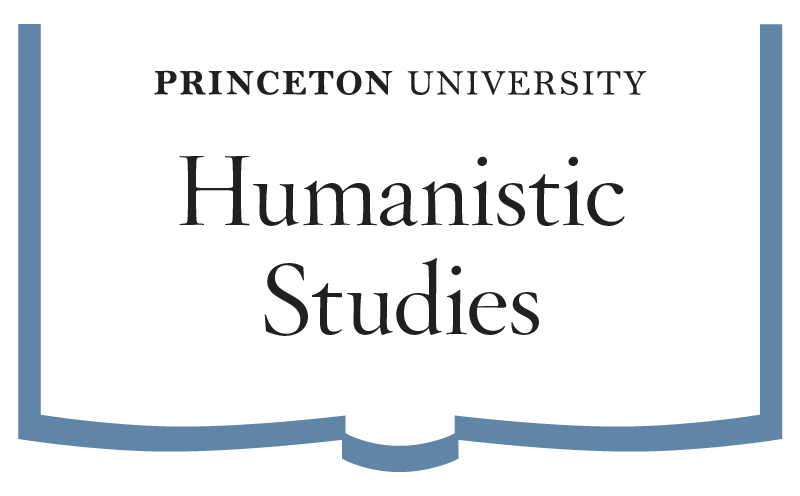The ancient Greeks imagined a woman’s body ruled by her uterus. Medieval Christians believed in a womb touched by God. Renaissance doctors uncovered the ‘secrets’ of women through dissection, while early modern states punished unmarried mothers. This course will ask how women’s reproductive bodies were sites for the production of medical knowledge, the articulation of state power, and the development of concepts of purity and difference from ancient Greece to 18th-c. Europe. The course will incorporate sources as varied as medieval sculptures of the Madonna, Renaissance medical illustrations, and early modern midwifery licenses.












